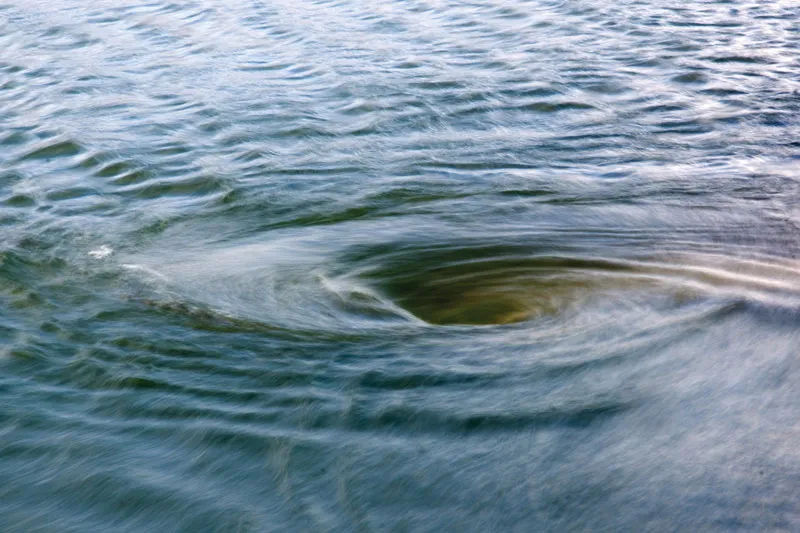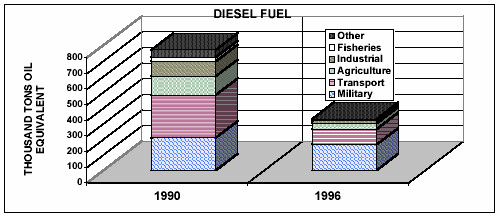
The political deckchairs have been reorganized somewhat in Australia. A new Labor government just scraped in over the majority numbers for the house of representatives (77), despite the best efforts of foreign political manipulators. This seems to have been a victory by default, largely as voters in 10 key seats voted for independent liberals rather than the candidates from the previous smelly and incompetent government. There was not much a swing to the attractions of the small target Labor party campaign. From the first preference votes the average swing against the Liberal party was about four percent ( - 4.26). The swing against Labor was almost one percent ( - 0.70 ). From this dribble of voters leaving the major parties, both the Greens (+1.75) and the Right wing Pauline Hansons One Nation party picked up nearly 2 percent. (+1.87).
The results of parliamentary representation depend on the unevenness of the electorates.The Greens now have 4 seats instead of just 1, elected by rich educated electorates. The Liberal - National Party coalition is reduced to 58 seats from their previous 77 seat result in 2019. The majority team has been swapped, but now with more independents and greens members. All told, this must be some relief for at least half of the Australian Population
An article in Counterpunch "Why Labor Won in Australia" by Thomas Klikauer, sums up our new political situation, for international readers. Thomas lectures at the school of Business at the University of Western Sydney and has authored the book "Managerialism". He has published numerous articles on Counterpunch, and noted that " . . . Rupert Murdoch remains the most dangerous man in the world." (Climate Manipulation and Murdochs Pr Machine)
Immediately on taking office the new government is hit with the problem of shortage of domestic gas supply and increasing wholesale energy prices. This is in Australia, the worlds current biggest exported of LNG - liquified natural gas. There are global circumstances of war and sanctions on Russia, and actual production for exports is already close to maximum capacity (= maximum profits) There is a threat spectre of the government using a legislated "gas trigger", to reserve supplies for domestic use, which can only be pulled slowly with much notice and deference to the foreign gas corporations. It is apparent that foreign gas miners in Australia already have long had persuasive barrels of shotguns pointed at the government. The labor party has already received nearly as much in donations from these cash rich corporations as their best friends in the previous government. Each time there is a domestic shortfall in supply or rise in price, the miners can justify asks for more project and investment approvals to increase capacity or faster project rollouts.
This switch from coal to gas for fossil fuel energy and chemical input stocks accelerates our global heating. We are trapped in a bind by production systems that keep demanding growth of energy and materials supply. It does nothing to prepare us for the days to come where fossil fuel supplies for burning and manufacture are going to collapse. The gap between sustainability and our current resource exploitation is known as "overshoot". In the next budget, I would prefer to see the "Gross National Overshoot" , instead of GNP or budget balance for money income. How much of our resources consumption is sourced from non-renewable resources including global fossil fuel burning. What are we paying to consume our global inheritance every year?
What happens when the gas, oil and coal supplies are turned off? This was documented for North Korea and Cuba. Sri Lanka ran out of foreign currency to pay for it recently, and now food supplies are low. (https://www.aljazeera.com/news/2022/5/20/we-are-going-to-die-food-crisis-worsens-misery-of-sri-lankans)
In North Korea, by 1996 there was widespread collapse in essential supplies for agriculture, contributing to real famine. The government military forces kept up their oil supplies, with virtually nothing left for all other uses.
Various immutable hard facts included the depleted state of soil minerals, no more arable land in mountainous areas, and dependency on fertilizer production. "Agriculture must make due with . . 4% of the total diesel supply of 1990."

In a state of revealed overshoot of the ecological and economic kind, the most powerful actors in a nation-state are able to maintain their resource take in the face of acute life threatening, economy threatening shortages. The most powerful actors in the Australian political scene are foreign mining corporations, and its seems very obvious that they will make no effort to reduce the export prices that Australians are now forced to pay. High prices will eventually bring about economic contraction, which is what we all need for global heating mitigation, so we should not be complaining at all, and maybe we need to start adapting to future without cheap fossil fuels, perhaps starting with our fossil fuel dependent agriculture.
Cuba was better prepared for the collapse of the Soviet Union, the sudden loss of oil imports from it, and the economic blockade by the USA. Cuba had advantages of climate, education, and social processes to re-purpose available arable land. Institutions and programs already in place helped support farmers and the population through the crisis and the transition to ecological agriculture. Imports of fertilizer and pesticides/herbicides collapsed. Petroleum supplies for agriculture were halved. Overtime, the Cubans reorganized their land ownership and agricultural systems with sustainable, local, biological based methods, and managed to raise their agriculture productivity and health. (https://www.copvcia.com/free/ww3/120103_korea_2.html) I note that Cuba is still dependent on some fossil fuel imports.
The question for Australia is why are we not already preparing for a fossil fuel supply crisis, since our food, water, transport and even mining systems will all collapse without foreign oil imports. Rationing systems and local sustainability systems will need to be in place before collapse happens.
What is actually happening on a global scale is mostly a rigid senescence of global capitalism, by money-hog-tied politicians. As oil declines, and coal is too obviously climate tainted, Australian politicians have looked to high pressure gas salesman for answers. But gas leaks are all over the place, from mines, and fracking shafts, compression, processing, re-gassing, and incomplete burning at points of use. Include the leaks, and the global heating effect per unit of production is no better than coal. Gas mining has hidden systems dependencies powered by oil - machines, trucks, trains, grid electricity. In Australia, the conversion to an export industry with export prices, is helping the demise of domestic manufacturing.
As for the nations that are Australia's gas customers, the climate costs and supply cost fragility should be a clear warning not to get caught in the gas supply dependency trap, just like Australia is caught.
Carbon Tracker has a recent report that gives clear warnings. (https://carbontracker.org/reports/stop-fuelling-uncertainty-why-asia-should-avoid-the-lng-trap/)
Local renewable energy, solar, wind and storage continue to reduce in cost.
Large gas power investments are outrageous toxic and climate catastrophe dangerous, are expensive investments in climate catastrophe and fossil fuel supply stranded assets.
And in case it does not seem obivious to everybody --
Gas miners need high prices to pay for the export expenses of gas collection, processing and transport.
The drive to control gas supply and get high prices is leading to very expensive wars between gas suppliers. - Petroleum Wars in the Age of Climate Disaster: a Bridge Fuel Too Far
Our economic systems are in a state of massive ecological overshoot, which is getting ever closer to being revealed by global biosphere collapse.
Already the decline in global oil supply from peak since 2018 collapses our dependent economic systems. There is no kind of conventional politics that can cure this predicament.
The kinds of growth that fossil fuel systems enable are extremely toxic to biodiversity, and are likely to collapse our biosphere even before global heating goes fully into tipping points overdrive.
Add Comment
This policy contains information about your privacy. By posting, you are declaring that you understand this policy:
This policy is subject to change at any time and without notice.
These terms and conditions contain rules about posting comments. By submitting a comment, you are declaring that you agree with these rules:
Failure to comply with these rules may result in being banned from submitting further comments.
These terms and conditions are subject to change at any time and without notice.
Comments